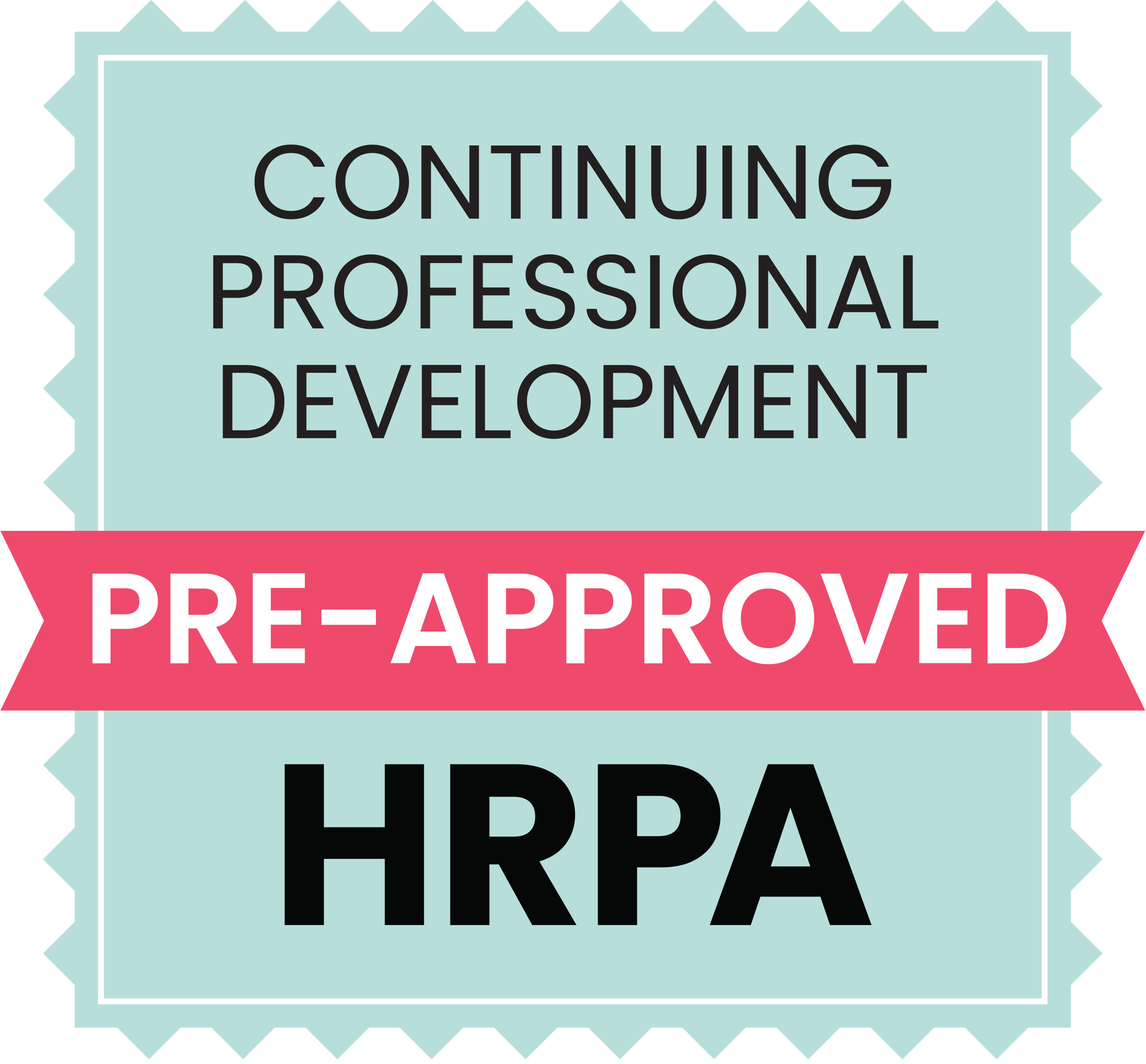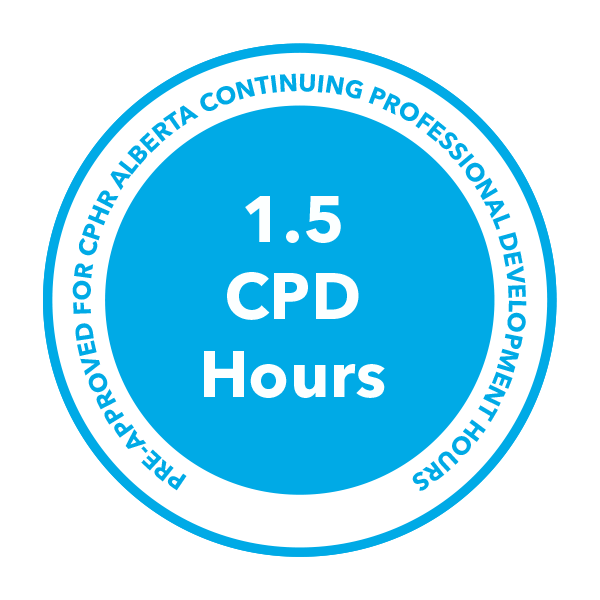$595.00Add to cart
Includes: Webinar Recording with all Associated Materials
October 6, 2021
The use of independent medical examinations (IMEs) in determining appropriate accommodations is highly contentious. Unions and employees may doubt the independence of a physician designated by the employer or whose income is derived mostly from performing evaluations for employers and insurance companies. Employees may be reluctant to lay bare intimate details of their lives before a stranger and the employer. Employers, on the other hand, may have reason to doubt the objectivity or adequacy of an employee’s health care provider. In this session, experts will discuss this dilemma, specifically addressing the following questions:
- How and when are IMEs typically used in the accommodation process? What are the problems with the prevailing approach to IMEs from the employer’s perspective? What are the problems from the perspectives of unions and employees?
- Are there legitimate concerns about the adversarial way IMEs are often used? Do IMEs cause undue stress to employees, leading to or aggravating mental disorders?
- Do medical examiners who make IMEs their primary business have the independence and clinical experience to provide information that is both unbiased and useful in accommodating an employee?
- Would functional ability or functional capacity assessments, which are often conducted by psychologists or occupational therapists, provide information that is more useful in fashioning an appropriate accommodation than medical examinations performed by physicians?
- Can an agreed-upon IME or functional assessment process benefit all parties — the employer, the employee, and the union?
- What are the key features of an IME or functional assessment process that is acceptable to all parties?
- Should unions and employers make more use of agreed-upon experts — whether physicians, psychologists, or occupational therapists — to resolve disputes regarding accommodation before they proceed to arbitration?
- Even if parties cannot agree on a standard IME or functional assessment process, what should be done to balance an employee’s rights to privacy and accommodation and an employer’s interest in having sufficient information to provide safe, appropriate accommodation?

This program has been approved for Continuing Professional Development 1.5 hours under Category A of the Continuing Professional Development (CPD) Log of the Human Resource Professionals Association (HRPA).

This program has been approved by CPHR Alberta for 1.5 Continuing Professional Development hours.
- This program has been approved by the Law Society of British Columbia for 1.5 Continuing Professional Development hours.
- This program has been approved by the Law Society of New Brunswick for 1.5 Continuing Professional Development hours.
- This program has been approved by the Law Society of Saskatchewan for 1.5 Continuing Professional Development hours.
- Members of the Law Society of Ontario may consider counting this program for 1.5 Substantive hours; 0 Professionalism hours.
- Members of the Nova Scotia Barristers’ Society may consider counting this program for 1.5 Continuing Professional Development hours.

